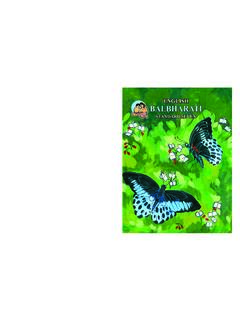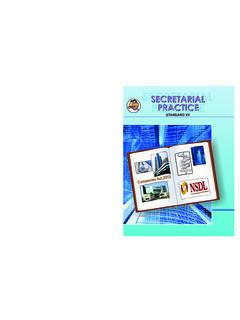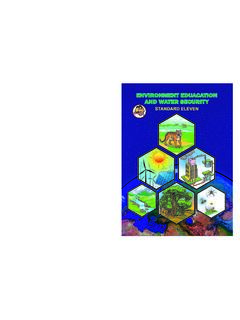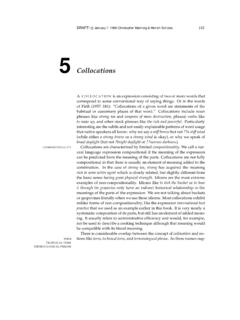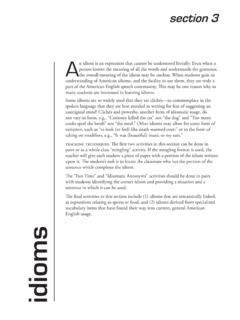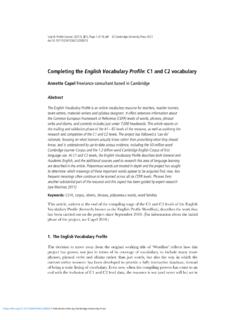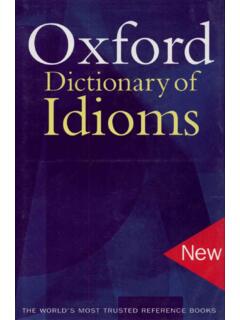Transcription of ENGLISH KUMARBHARATI
1 B J Or Hw$ ma^maVr B Vm Xhmdr (B J Or m ) STATE BUREAU OF TEXTBOOK PRODUCTION AND CURRICULUM RESEARCH, TENENGLISHB J Or Hw$ ma^maVr B Vm Xhmdr (B J Or m )A Maharashtra State Bureau of Textbook Production and Curriculum Research, Pune - 411 004. The Maharashtra State Bureau of Textbook Production and Curriculum Research reserves all rights relating to the book. No part of this book should be reproduced without the written permission of the Director, Maharashtra State Bureau of Textbook Production and Curriculum Research, Balbharati , Senapati Bapat Marg, Pune Language Study Group :Production : Sachchitanand Aphale Chief Production OfficerRajendra ChindarkarProduction OfficerRajendra PandloskarAssistant Production OfficerPaper : 70 GSM CreamwoveTypesetting : DTP Section (Languages)Textbook Bureau, :Print Order No.
2 : Publisher :Vivek Uttam GosaviControllerMaharashtra State Textbook Bureau, Prabhadevi, Mumbai - 400 Language Committee :Dr Prabha Sampath, ChairmanDr Manjushree Sardeshpande, MemberDr Rohit Kawale, MemberDr Muktaja Mathkari, MemberDr Lalita Vartak, MemberDr Shruti Chaudhary, MemberShri. Shridhar Nagargoje, MemberShri. Nilesh Kedare, MemberShri. Santosh Pawar, Member-SecretaryCover : Shri. Vivekanand PatilIllustrations : Ashana AdvaniAnupriya JoshiCo-ordination :Santosh J. PawarAssistant Special Officer, EnglishShri. Akhil BhosaleDr Jyotimani RocqueSmt. Manjusha SagrolikarShri. Nilkantheshwar PatilShri. Pundalik KavirajSmt. Renu DhotreSmt. Saraswathi SuramShri. Sharad PandhareSmt.
3 Smita PoreShri. Amol KambleShri. Anil PetkarShri. Ashok GaikwadShri. Mohan BapatShri. Balkrishna ShindeShri. Bhuvnesh KumbharDr Gajendra MugaleDr Juee KulkarniShri. Mahesh DudhankarShri. Nadeem KhanShri. Rajiv SangpalShri. Raju KordeShri. Rakesh JadhavShri. Santosh GaikwadInvitee Experts : Smt. Samannaz IraniShri. S. B. MahajanShri. Pravin MulayDr. Dipak Damodare First Edition : 2018 Chief co-ordinator :Smt. Prachi Ravindra SatheSecond Reprint : 2020 CDDear Students,A most warm welcome to Std X. We are delighted to place this textbook ENGLISH KUMARBHARATI in your has been a part of your studies since Std I. So far, you have learnt to use ENGLISH for communication in most situations. You have enjoyed some interesting stories and passages in the previous textbooks.
4 You have completed many projects. You have read the works of many well-known writers. Now that you are in Std X, you will do all this and also learn to use ENGLISH with a better understanding of the language and the way it is used . What is more, you will enjoy the flavour of ENGLISH literature, as is not just a subject in your curriculum. It is the medium through which you learn all other subjects. A good command over the language will make it easier for you to study other subjects, too. Our main aim is to help you use ENGLISH with confidence. We would like you to be able to confidently ask questions, gain knowledge and use new skills, perfect your oral and written communication skill, be creative and spend your free time joyfully.
5 That is why, we urge you to take part in all the activities and exercises in the Warming up and ENGLISH Workshop sections, with zest and enthusiasm. Talk to your teacher freely about the problems and difficulties you face while studying this textbook. Many of the activities are designed to show you ways of thinking and learning on your own. The more you use them, the better you will have focussed upon linguistic items in the Language Study (Grammar and Vocubulary) activities. The textbook also aims to help students to attain a proficiency level in ENGLISH , whereby you can directly 'think' in ENGLISH rather than think in your mother tounge and translate your thoughts into ENGLISH . This proficiency is indispensible, especially when you are reading between lines, understanding ideas, contemplating, figuring out your responses to activities and planning your write-ups.
6 ENGLISH language has been accepted as the lingua franca of the world. In times of increasing globalisation, knowledge, understanding and use of ENGLISH in oral and written communication has become the need of the hour. As such, this textbook offers you an opportunity to reach out to the audio - video teaching - learning material given in each relevant lesson will be available through the Q. R. Code and through the medium of App for additional information. It will be definitely useful for your study. We will be happy if you share your feelings about the contents of this book with us. We hope you enjoy studying it throughout the you all the best in your studies !(Dr Sunil Magar)DirectorMaharashtra State Bureau of Textbook Production and Curriculum Research, of Competencies : First LanguageThe student should be able to -Listening Enjoy listening to Englishprogrammes.
7 Predict the next part of a narration,conversation, description. Think critically about the informationbeing presented. Note the difficult/unfamiliar bits whilelistening so as to ask questions later. Summarize a story, conversation, play,informative speech, debate etc. Appreciate an effective presentation,understand the features that make iteffective. Analyse and evaluate the content/argumentbeing presented. Understand different interpretations of aliterary piece. Respond independently to literary and non-literary Speak clearly and confidently. Use acceptable pronunciation. Contribute meaningfully to conversations. Talk politely about one s opinion or pointof view. Describe things, people, situations,emotions, etc.
8 In minute detail. Narrate an event, a show, a short story, ananecdote or an experience, etc. Sum up/paraphrase a given text. Articulate one s ideas cogently. Communicate pleasure/displeasure, agreement/disagreement, difference of opinion support politely but firmly. Discuss personal, social issues inappropriate language. Describe something in a certain way toachieve a certain effect. Interpret lines from a literary piece. Use quotations, idioms , proverbs appropriately. Appreciate different aspects of a literarytext. Make efforts to use stylistic devices andfigures of speech in his/her own Read literature for pleasure. Read silently and fluently. Read patiently till the end of the piece.
9 Understand the writer s intention. Understand the overall structure of a literary piece : stanzas and refrain in a song, stanzasand rhyme scheme in a verse, the variousthreads in a story/play, etc. Understand the literal as well as thesuggested/implied meaning. Understand the nature of the piece of writing informative, emotional (appealing),imaginative, persuasive, argumentative,etc. Appreciate precision, clarity, transparencyin writing. Understand and appreciate use of literarydevices, figures of speech, etc. Understand/empathise with other s pointsof view. Understand and appreciate wit and humourin writing. Relate and evaluate the information againstone s previous knowledge and developfurther insight.
10 Judge/find the authenticity/source of a pieceof writing. Learn new words, phrases, collocations,idiomatic expressions and enrich his/hervocabulary through reading. Develop a habit of reading news-papers,magazines and other authentic sources toobtain required information. Learn about other cultures and develop aliberal mindset. Develop respect for one s identity as Write correctly. (Avoiding mistakes inspelling, grammar, etc.) Review and if necessary correct his/herown work as a matter of habit. Transform the text/information as directed. Write responses/answers in the given form,following the given word-limit. Report an event/happening using anappropriate format a news item, apersonal observation (diary), etc.
